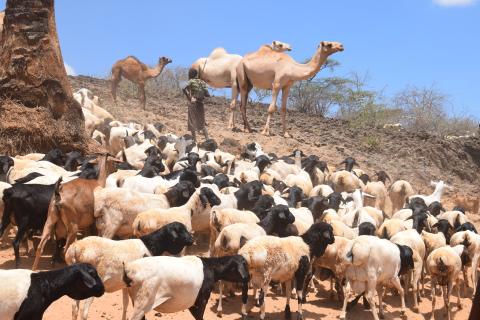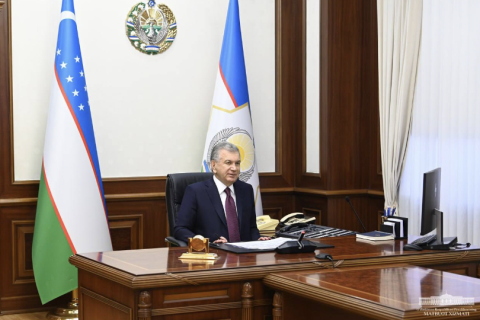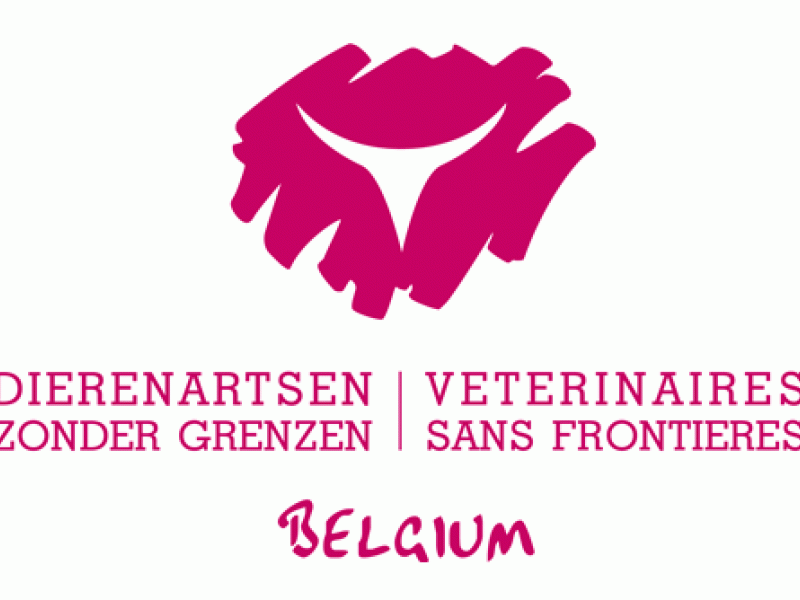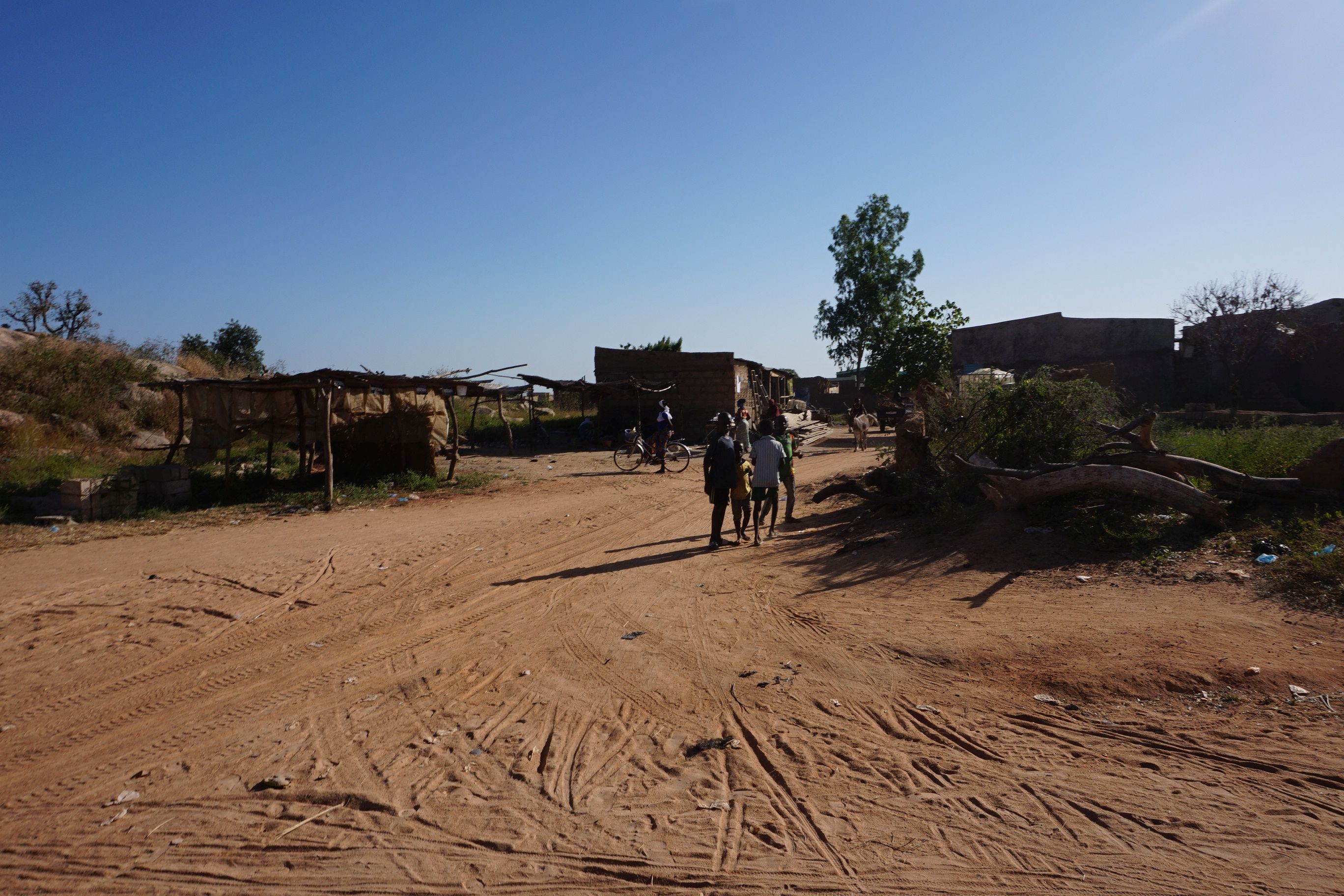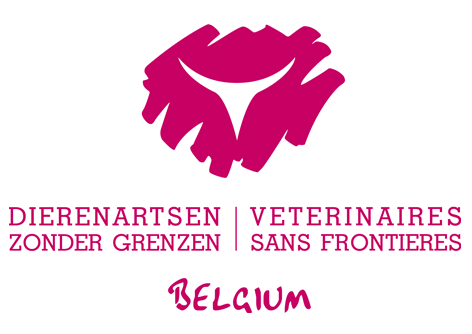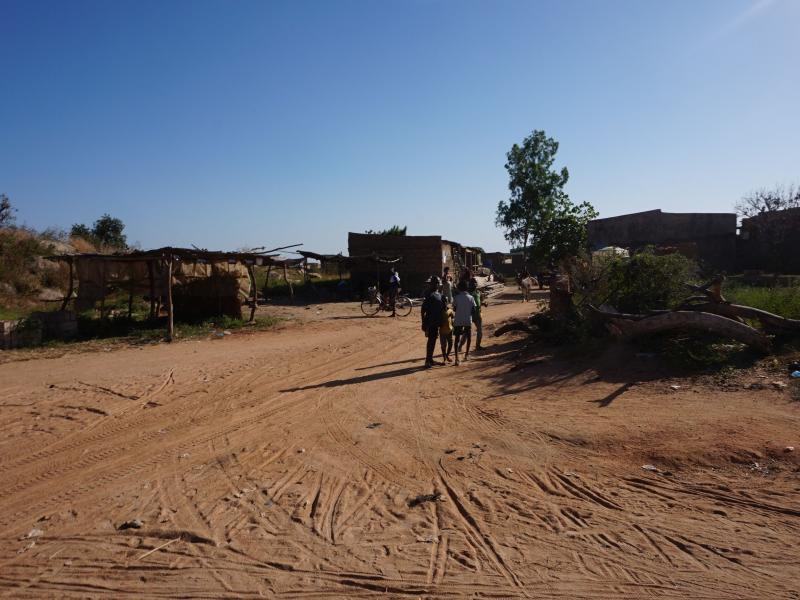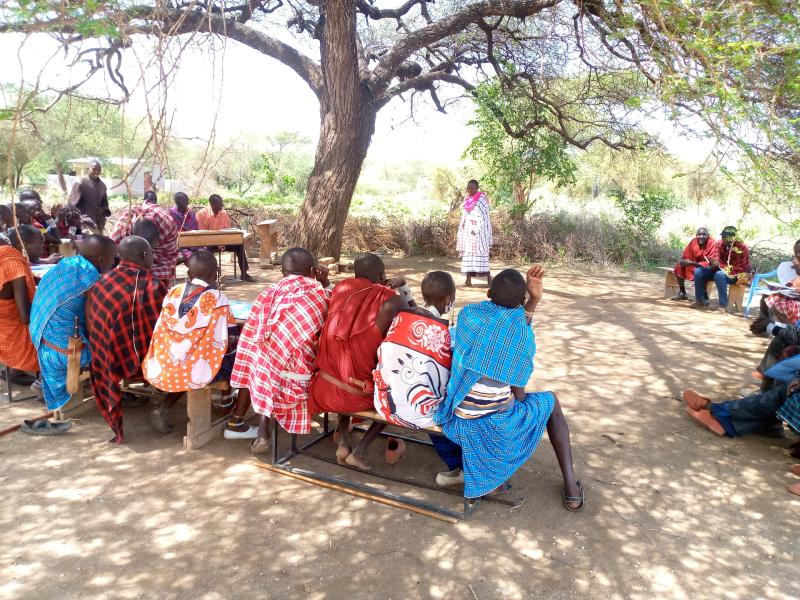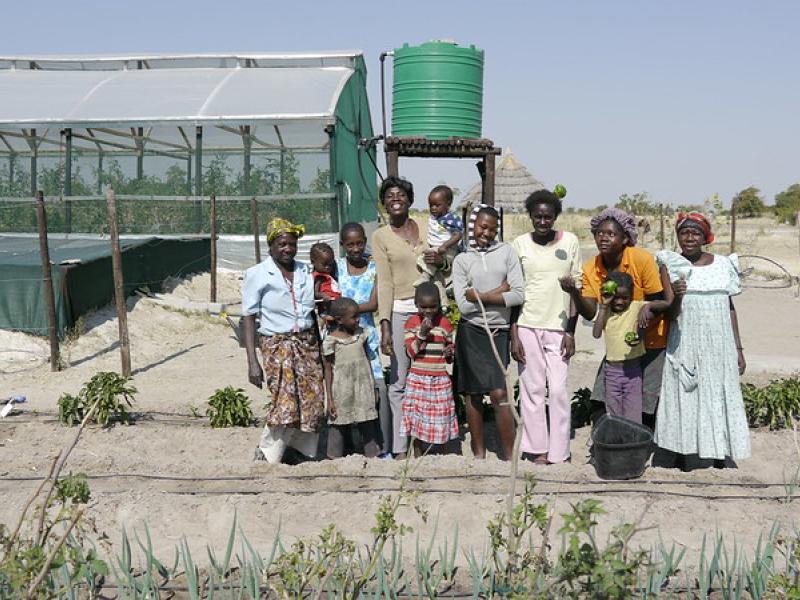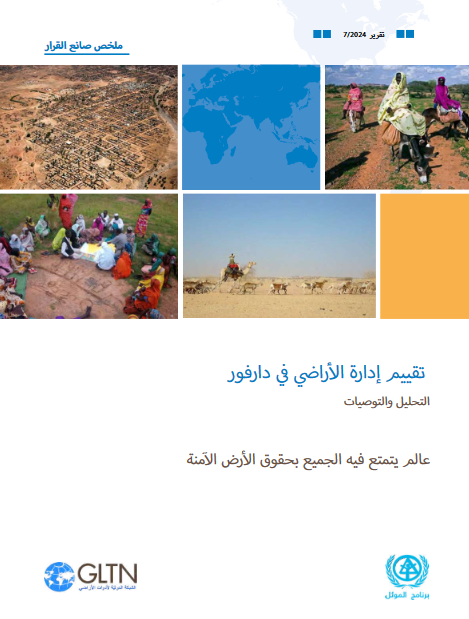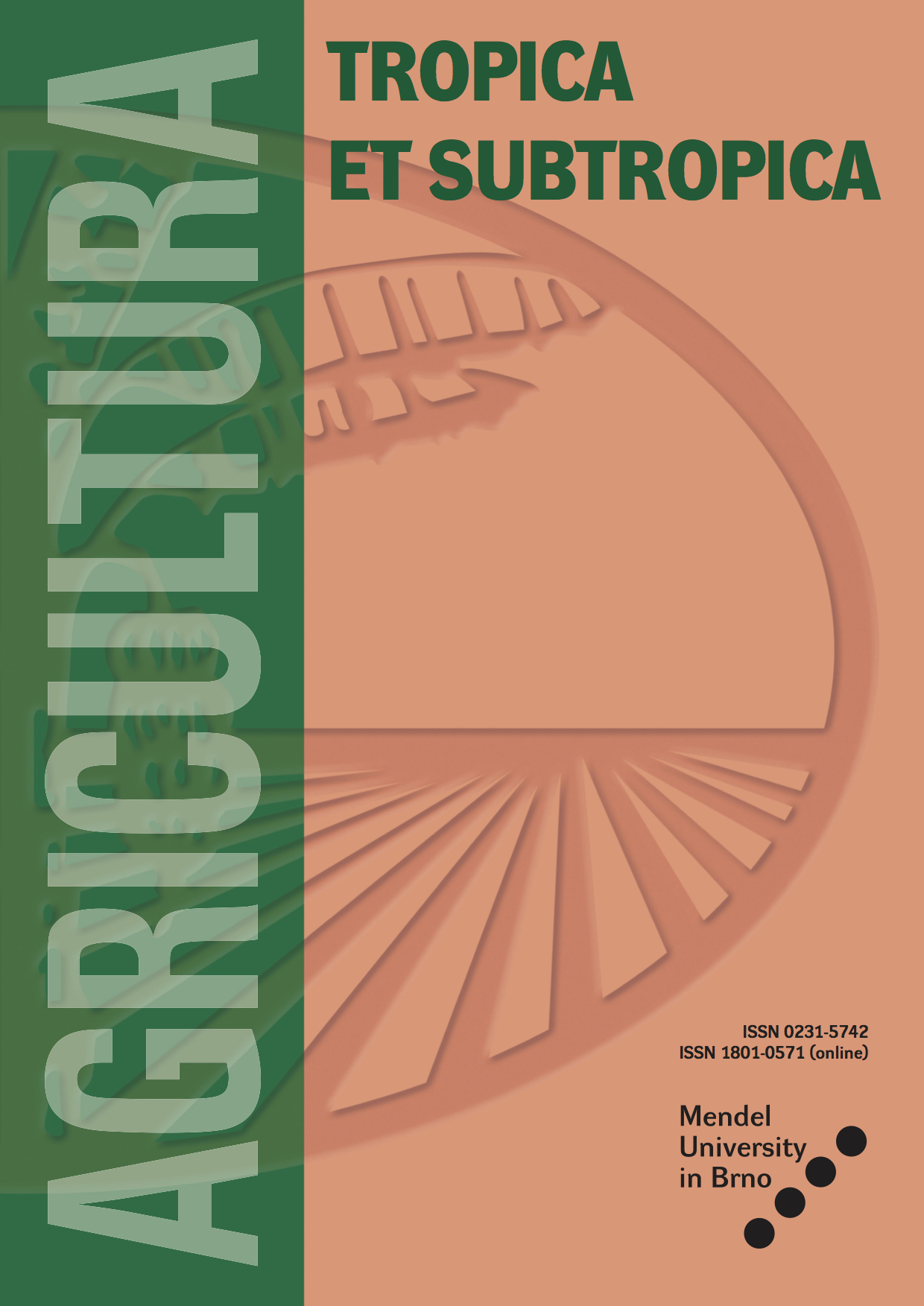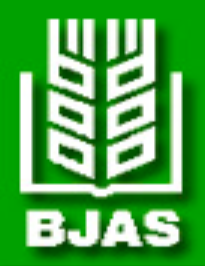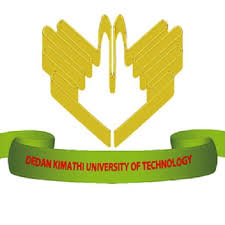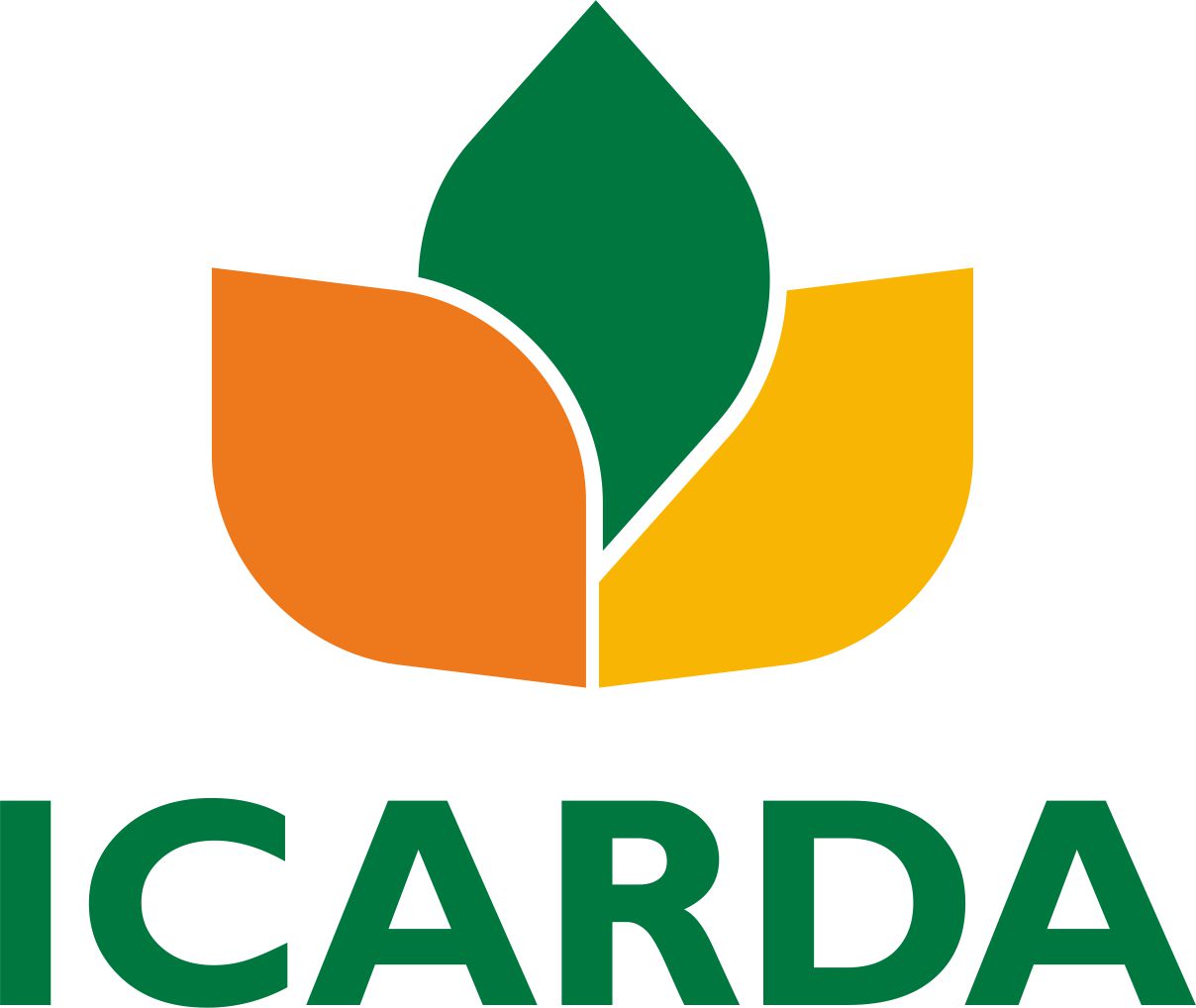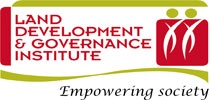Issues / Rangelands, Drylands & Pastoralism
Rangelands, Drylands & Pastoralism
In this updated issue page we provide fresh insights into the challenges and risks facing diverse pastoralist communities across the globe from the Sahel to Siberia. Learn about rangelands and drylands worldwide and how they are impacted by anthropogenic climate change, the current international policies, the risks posed by the growing market in carbon offsets and how related conservation initiatives can impact on rangelands and savannas which are often mischaracterized as deforested and degraded lands.
Key indicators: Rangelands, Drylands & Pastoralism
Browse all
Resources for Rangelands, Drylands & Pastoralism
59
59
News
4607
Library
May, 2024
Bosnia and Herzegovina
India
Poland
The session examined the repurposing of brownfields as a strategic solution to support the global shift from coal to renewable energy, highlighting its importance in addressing land scarcity for sustainable development. The discussion emphasized the need for large land areas as the world transitions to renewable energy, contrasting this with the lower land requirements of traditional fossil fuels.
Pagination
- Page 1
- Next page
41
Blogs
4
Projects
19
Statistical Data
0
Spatial Data
NewsBrowse all
23 September 2023
Sometimes at high-level international events, like the Africa Climate Summit held in early September 2023, we do not have the opportunity to, or forget to, include the voices of people who are going through the very issues discussed.
23 May 2023
Latest paper from the WOLTS team offers new evidence of a sustainable approach to securing land rights for women and communities
17 February 2023
It is proposed in Uzbekistan to develop a draft law “On pastures” in a new edition and the procedure for granting pasture land plots for rent.
BlogsBrowse all
11 April 2024
Photo: Farmers at the CuveWaters Green Village in Epyeshona, Northern Namibia, photo by ISOE Wikom, sourced from flickr, CC BY-NC-SA 2.0 DEED license
Blog written by Celina Awala* and originally published on 31st March 2024 by The Namibian.
Namibia’s 2023 preliminary census figures show that…
EventsBrowse all
27 November 2022 - 1 December 2022
The upcoming conference organized by the Ben Gurion University of the Negev in Israel will focus on the intersection of land and water and the impact of land degradation and drought on populations across the world. More details on the event are coming soon.
LibraryBrowse all



